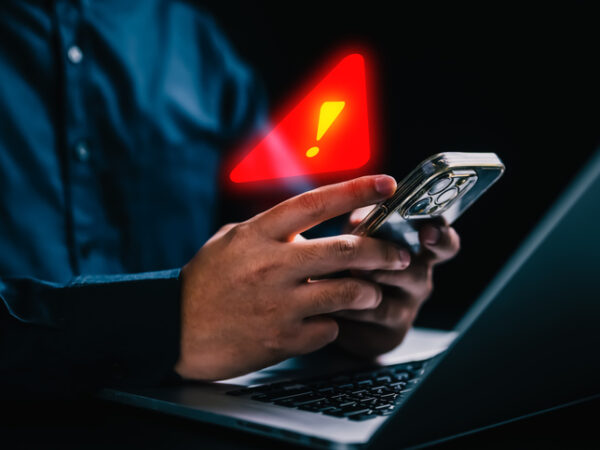Although many adults under the age of 30 have never written out a check to pay bills or send a loved one a bit of birthday money, some seniors still rely on paper checks and are wary of managing money digitally. But with the sharp rise in check fraud and mail theft seen in recent years, experts in fraud detection warn that using paper checks could open the door for identity theft, check washing, and other criminal activity.
According to a recent AARP Scams & Fraud report, the growing check fraud problem is being led by a surge in mail theft from mailboxes and trucks, as well as carrier robbery. Checks found in stolen mail can be altered to increase the dollar amount, or sold online to other scammers. Making mail-collection boxes more secure may help prevent mail theft, but law enforcement and financial institutions urge people to use alternative means to send money.
Not only can paper checks be changed to increase the dollar amount, leaving individuals open to a significant loss, but most people also have their names, addresses and phone numbers printed on checks as well as routing and account numbers that can open the door to ongoing fraud and even lead to identity theft. With access to personal information found on paper checks, criminals can use online tools to search and find email addresses and even Social Security or Social Insurance numbers.
Alternative to Cheques
- Online banking bill payment features
- Money orders
- Credit card payment – offers a higher level of consumer protection
- Cash transfer Apps like Venmo or Zelle
- Bank wire transfers for larger amounts
- E-Tranfers with Interac
If you must send a check by mail, be sure to use a permanent pen, never make a check out to “cash”, use up all the space in the written and printed check amount, and don’t sign a cheque until the payee and amount are filled out. Be sure to track when the check is cashed or deposited. Use a security envelope for checks to conceal the contents and drop them off at a secure location such as an official locked post office mailbox. You may also want to consider sending checks by certified mail.






Add Your Voice
0 Comments
Join the Discussion